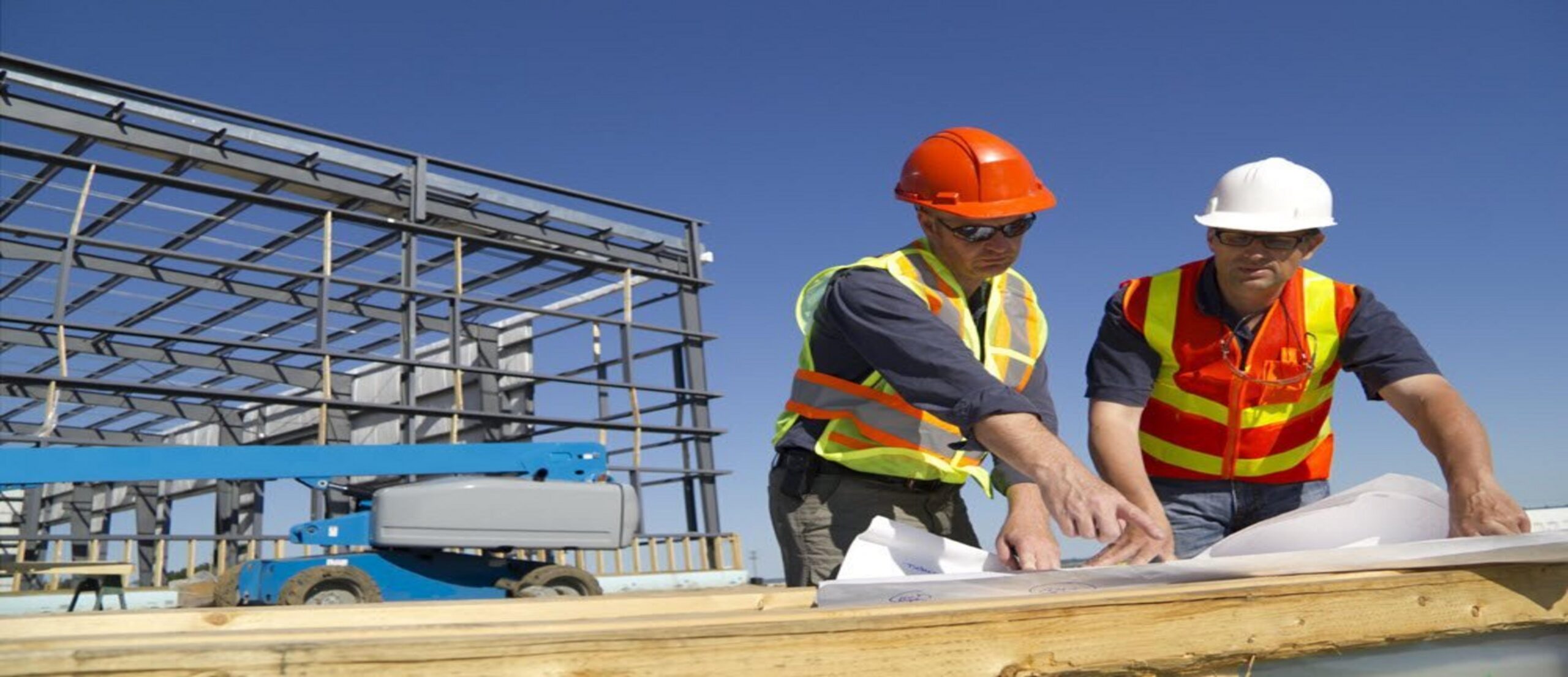Top Tips to Ensure Quality in Your Construction Projects
In the fast-paced construction world, ensuring quality in every project is paramount. From detailed project planning to post-construction evaluation, here are ten tips to guarantee the success and longevity of your construction endeavors.
Construction projects are complex endeavors that demand precision and attention to detail. The quality of a construction project can significantly impact its success, longevity, and overall performance. In this article, we’ll explore ten essential tips to ensure the highest quality in your construction projects.
Tips to Ensure Quality in Your Construction Projects
1). Detailed Project Planning
One of the foundational elements of quality construction is detailed project planning. This involves creating a comprehensive project plan that outlines every aspect of the project, from timelines to resource allocation. Utilizing project management tools and software can significantly enhance the planning process, ensuring that all team members are on the same page.
2). Experienced Team Selection
Quality construction requires a skilled and experienced team. When selecting professionals for your project, consider their expertise, track record, and compatibility with your project’s specific requirements. A cohesive and knowledgeable team is more likely to deliver exceptional results.
3). Effective Communication
Clear communication is vital in construction projects. Establishing open and transparent channels within your team is crucial for the smooth flow of information. Regular updates and meetings help keep everyone informed and aligned with the project goals.
4). Quality Materials and Equipment
Using high-quality materials and well-maintained equipment is non-negotiable for a successful construction project. Cutting corners on materials can lead to structural issues and compromised safety. Investing in the best materials and equipment pays off in the long run.
5). Compliance with Regulations
Construction projects are subject to various regulations and building codes. Adhering to these legal standards is not only a legal requirement but also ensures the safety and integrity of the construction. Stay informed about local regulations and ensure your project complies with all applicable codes.
6). Continuous Training and Development
The construction industry evolves, and staying ahead requires continuous training and development. Invest in your team by providing ongoing training programs to keep their skills up-to-date with the latest industry standards and best practices.
7). Regular Inspections and Audits
To maintain quality throughout the construction process, conduct regular inspections and audits. These checks help identify potential issues early on, allowing for timely corrections and improvements. Consistent quality control is key to project success.
8). Risk Management
Construction projects inherently involve risks. Identifying potential risks and implementing effective risk management strategies can prevent issues from escalating. Have contingency plans in place to address unforeseen challenges and keep the project on track.
9). Client Collaboration
Involve clients in the decision-making process to ensure their expectations are met. Regular communication and addressing client concerns lead to a smoother project delivery and increased client satisfaction.
10). Technology Integration
Embrace modern technology to streamline construction processes. From advanced project management software to innovative construction methods, technology integration enhances efficiency and overall project quality.
11). Environmental Sustainability
Consider the environmental impact of your construction projects. Implementing eco-friendly practices benefits the environment and aligns with the growing demand for sustainable construction methods.
12). Budgetary Control
Staying within budget is a critical aspect of quality construction. Effective cost management strategies, such as careful budget planning and monitoring, help prevent financial setbacks and ensure the project’s financial success.
13). Post-Construction Evaluation
Once the project is complete, conduct a thorough post-construction evaluation. Learn from both successes and challenges to continuously improve future projects. This reflective process contributes to the ongoing development of your construction practices.
Conclusion
In conclusion, ensuring quality in construction projects requires a holistic approach encompassing detailed planning, experienced teams, effective communication, and adherence to regulations. By implementing these ten tips, you can significantly enhance the quality of your construction projects, leading to successful outcomes and satisfied clients.
FAQs
How crucial is project planning in construction projects?
Project planning is fundamental as it sets the foundation for the entire construction process, ensuring smooth execution and timely delivery.
Why is ongoing training essential for construction teams?
Ongoing training keeps construction teams updated on the latest industry standards, technologies, and best practices, enhancing their skills and efficiency.
What role does technology play in improving construction quality?
Technology integration streamlines processes, improves communication, and enhances overall efficiency, contributing to higher construction quality.
How can construction projects contribute to environmental sustainability?
Implementing eco-friendly practices, such as using sustainable materials and construction methods, minimizes the environmental impact of construction projects.
Why is client collaboration important in construction?
Involving clients in decision-making ensures their expectations are met, leading to increased satisfaction and successful project delivery.



